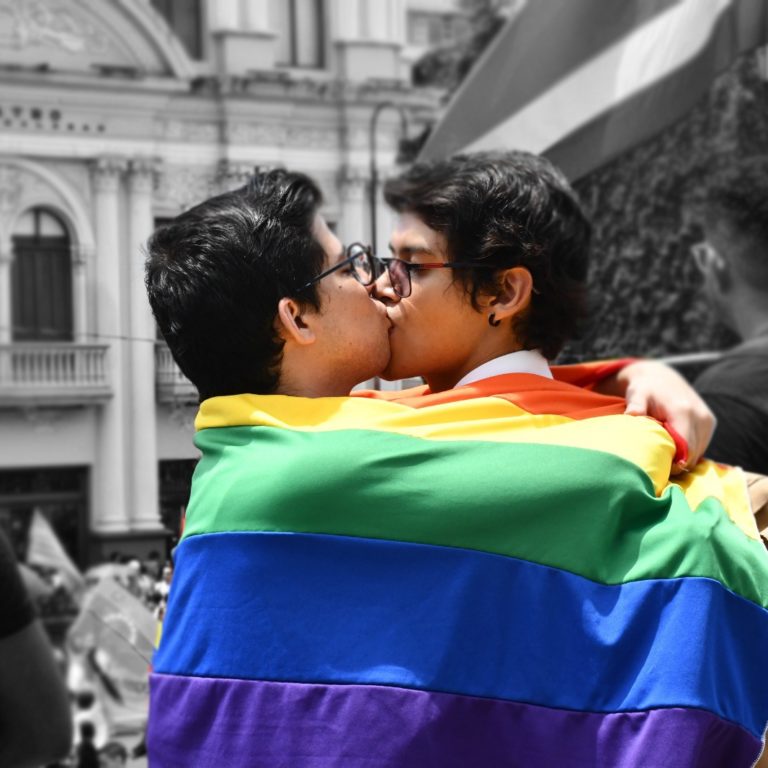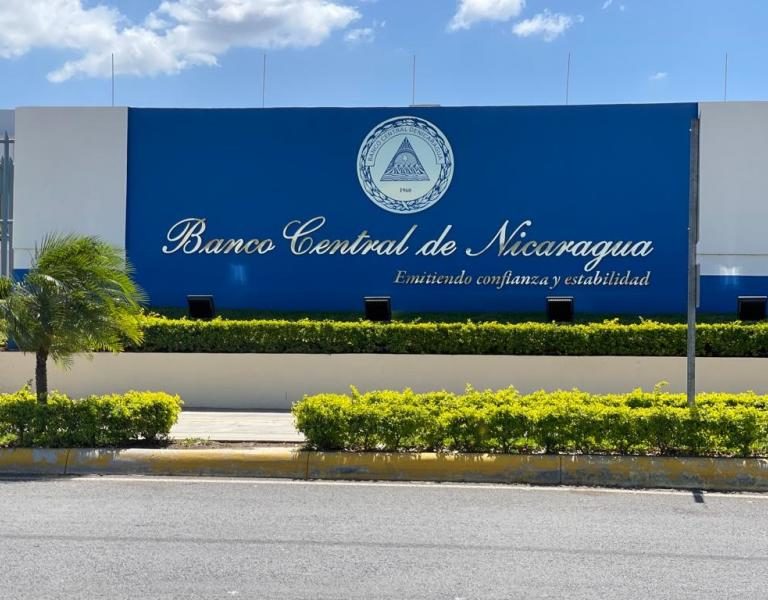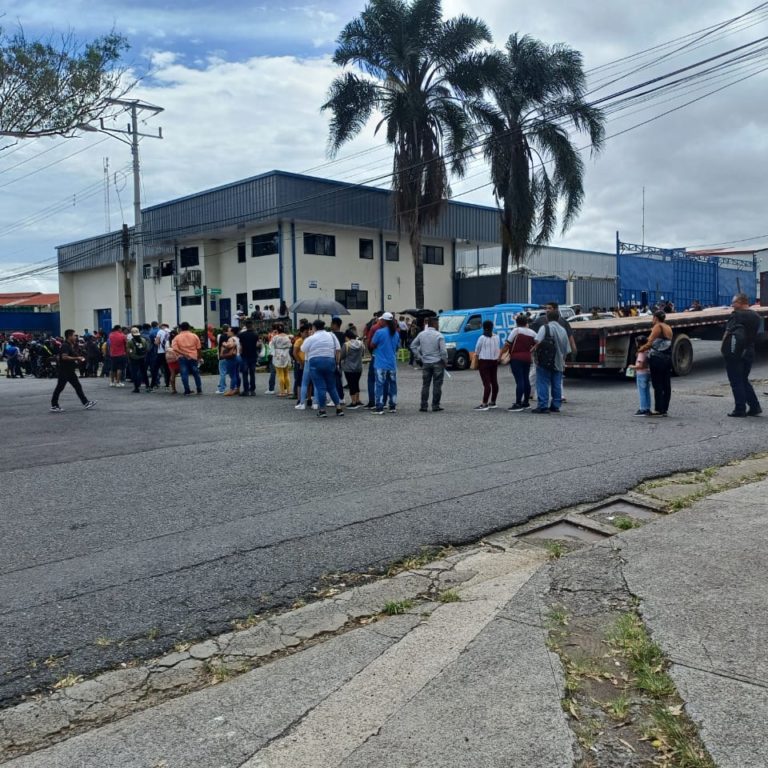These three years of the Pinolera Fair are an example and a message to the regime of Daniel Ortega and Rosario Murillo, that despite the persecution they have experienced, they continue to work for their life projects and collective work, the women say. exiled in Costa Rica.
The need to be able to get ahead to achieve economic independence and better opportunities in Costa Rica were one of the main pillars for a group of exiled women to found the Red de Mujeres Pinoleras (Remupi) three years ago, a space that seeks to empower women.
Mixtli T Córdoba has been exiled in Costa Rica for 5 years. For her, the Pinolera Fair, one of the spaces that Remupi offers, means “following the living flame” of what Nicaragua means outside the territory, this being a space of “resistance and “sorority” among feminist women and activists.
Like Mixtli, the women members of Remupi commemorated their third anniversary together with the Nicaraguan and Costa Rican community in the center of San José, to the sound of chicheros, traditional dances performed by the folkloric group “Raíces de mi Tierra” and typical foods, They celebrated the effort, dedication and commitment towards feminist resistance.
According to Córdoba, what Nicaraguan women are looking for when organizing this fair is to follow up on their roots and cultures from the resistance, creating a space where their voices can be heard and their demands for freedom for political prisoners in their country can reach. to the ears of the international community.
Also read: The eradication of poverty and inequality gaps towards migrants

Katherine González joined the Pinolera Women’s Network in search of a space to meet herself, where she could interact with the stories of other women who were going through exile just like her. According to what she told intertextual, the Pinolera Fair is a space that allows “personal growth, collective work and feminist activism”, I feel this is what has sustained them to continue organizing.
“We already have too much of the structural violence of the government to continue enduring economic violence, gender violence and everything that means being outside your country,” commented Gonzales, in reference to the limitations and aggressions experienced by exiled Nicaraguan women.
nFor González, being part of the Pinolera Network and the Pinolera fair has helped her to be economically independent and organized collectively “when I met this group of women I said this is my space.”
An opportunity for women from Nicaragua in Costa Rica

For the Trans activist and human rights defender Damaso, these three years mean “vindication and the rights of women” in a space made to meet and come together in a sisterly way, being a place from where they fight for their freedom and the freedom of political prisoners in Nicaragua.
The three Nicaraguan women invited the Nicaraguans in Costa Rica to visit them once a month in the parking lot where the Arias Foundation was located, near the Plaza de la Democracy, adding that all the support received is favor of exiled and immigrant women who seek to sustain a better quality of life in the Central American country.

Likewise, the entrepreneurs agreed that these three years are an example and a message to the regime of Daniel Ortega and Rosario Murillo, that despite the persecution they have experienced, they continue working for their life projects and collective work.
Also read: Depression and exile: The mental health challenge for Nicaraguans
According to data from the International Organization for Migration, in its latest report on “Circular flow of Nicaraguan people in La Cruz and Los Chiles, Costa Rica”, 50 percent of regular and irregular entries to the country are women and 5 percent of them are pregnant or breastfeeding.







